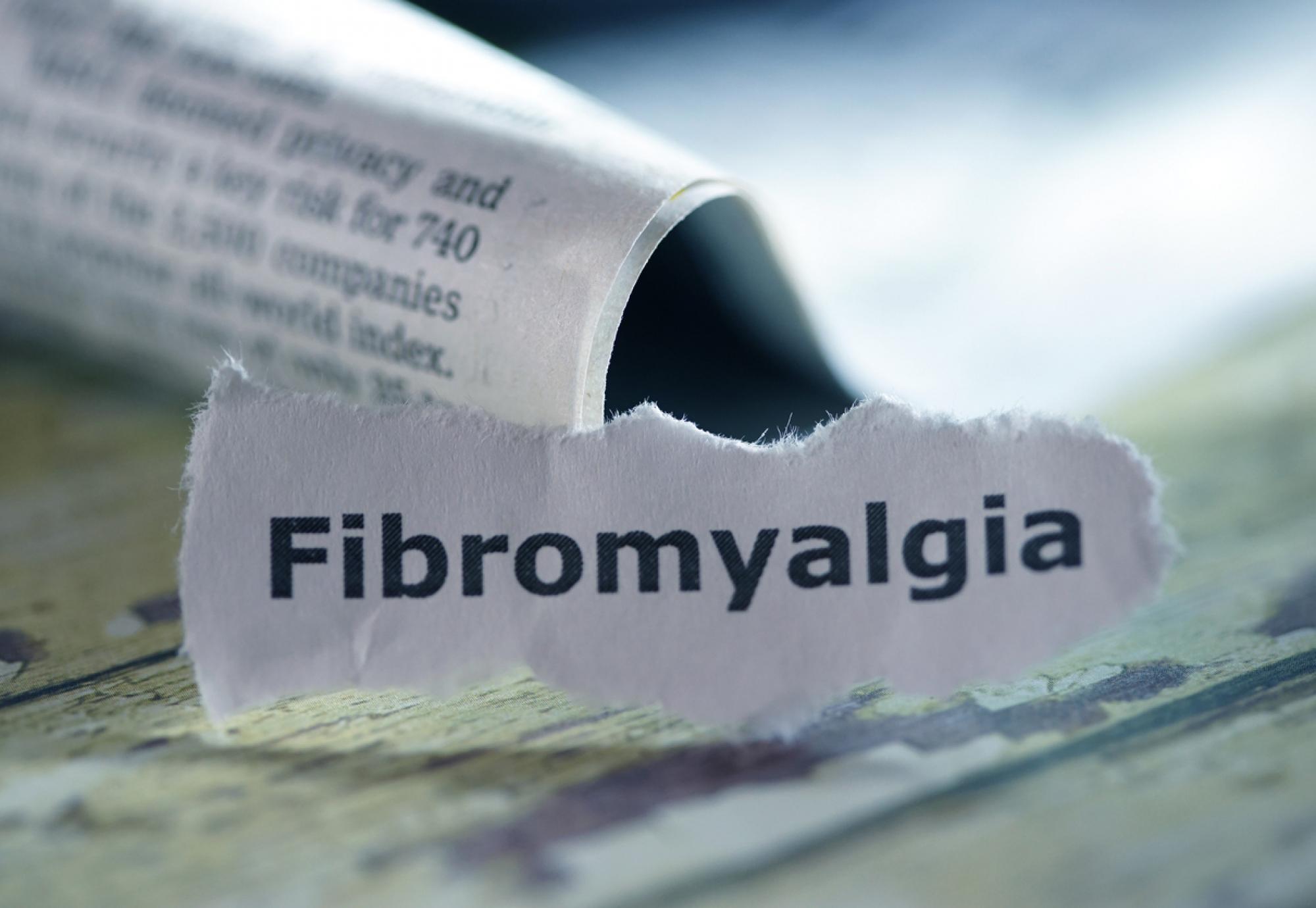The results from two national surveys polling both health professionals and people living with fibromyalgia (FM) have landed.
The two surveys, part of the PACFiND study, aimed to glean information about the best treatment courses for the condition, its management, and its diagnosis, with one focusing on NHS professionals dealing with FM patients (survey A) and the other zoning in on those who have been diagnosed with the condition for more than 16 years and have opted to use non-NHS services (survey B).
Survey A garnered 1701 responses whilst 549 individuals provided feedback to survey B – the results of the study revealed that the biggest perceived unmet need in the NHS for FM patients is simply the sheer lack of services.
Across the acquired qualitative data, three recurring themes emerged:
- A troublesome label
- A heavy burden
- A low priority
The surveys also indicated that NHS services are “highly disparate” for FM patients, with very few health professionals reporting accessible treatment pathways in their areas.
Dr Charles Shepherd, an Honorary Medical Adviser at the ME Association, said: “These patterns informed the research, providing important insight into the limited access potential fibromyalgia patients get in the health industry in the UK.
“These are the results from what is probably the largest ever UK survey of health professionals' attitudes to fibromyalgia along with the treatments and services that the NHS provides (or should be providing) for people with FM.
“There is clearly a lot of clinical overlap between FM and ME/CFS and some people with ME/CFS have what I think is best described as a fibromyalgic component to their ME/CFS.
“When it comes to treatment for FM, exercise programmes are often recommended and there is a resistance from some health professionals to use prescription-only pain killers.
“Finally, it is strange to find that there still isn’t a NICE guideline on fibromyalgia.”
The diagnosis of FM was found to be variable within NHS services, with pharmacotherapy and just education being the main avenues in which the NHS treat and manage the condition.
The study concluded that the issues present across the NHS, as well as the dearth of FM services, include a potential bias towards individuals with self-diagnosed FM, GPs finding problems with getting secondary care involvement for patients, and a distinct lack of mental health services for those with FM.
The study highlights the need for new models of primary and community care that provide more reliable and timely diagnosis, and an urgent requirement for interventions that support self-management with access to supplementary specialist services if needed.
The UK’s ‘Getting It Right First Time’ initiative recommends that treatment for FM patients should focus on primary care, but this study has highlighted the need to better organise the country’s health systems to better care for FM patients and improve health outcomes.



















